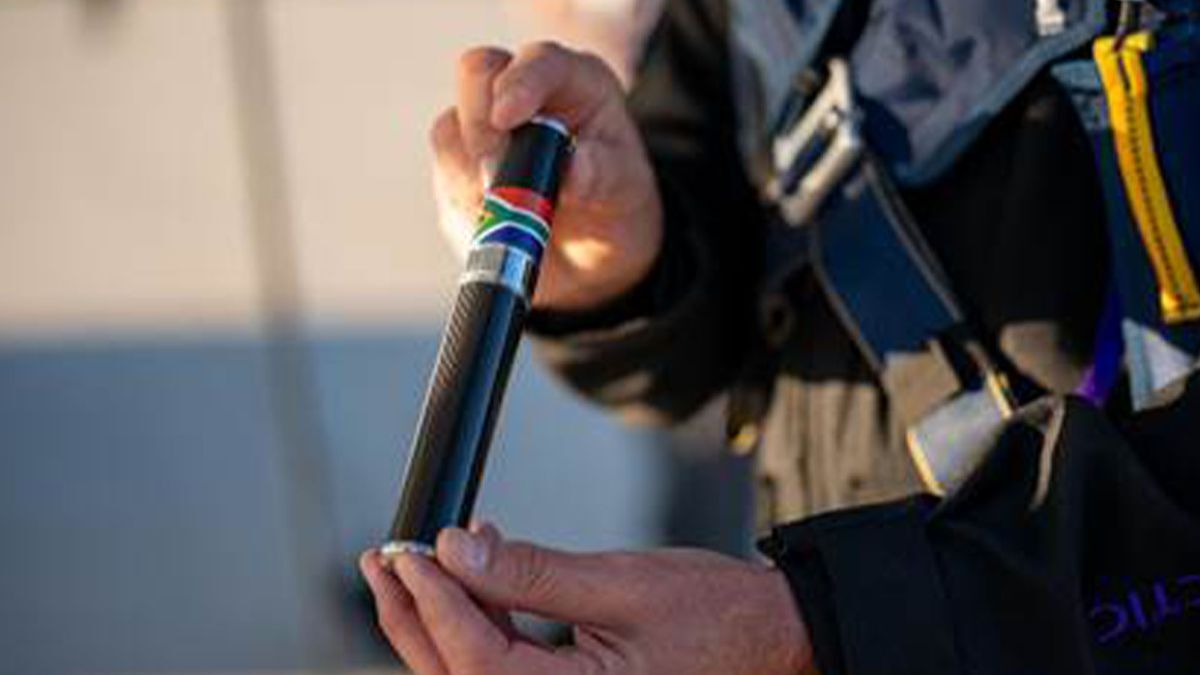Fragmentary remains of two ancient human relatives, Australopithecus sediba and Homo naledi, were carried aboard a Virgin Galactic flight on Sept. 8. Departing from Spaceport America in New Mexico, the fossils, carried by South African-born billionaire Timothy Nash in a cigar-shaped tube, were rocketed to the edge of space.
“I am horrified that they were granted a permit,” Sonia Zakrzewski, a bioarchaeologist at the University of Southampton in the U.K., wrote in an X thread, noting she would use it as an example in her class about unethical approaches. “This is NOT science.”



And potentially altered by having been unnecessarily put through extremely abnormal treatment, meaning any conclusions you draw from studying them are muddied by having been blasted out into space, regardless of having come back.
Folks have brought up that taking them into space exposes them to high levels of radiation, and the proper steps may not have been taken to protect the remains from said radiation. Folks have argued that because they were in a craft, that they won’t have been exposed to any radiation, but thats not how that works- people who take a flight on a regular airplane are exposed to higher levels of radiation, nevermind spacecraft. Taking the remains into space needlessly reduces their value to scientists who may have learned things from them, and now what they learn may not be meaningful or helpful, because the remains were handled so unusually.
It was entirely unnecessary, nothing was gained by having done it, and it has a cost to science, so the scientists are unhappy- that hardly seems surprising.
It was hardly even in space. Sure it was unnessery, but no worse then shipping them somewhere by plane.
The less atmosphere between you and the sun, the more radiation you’ll experience. There was definitely less atmosphere between the remains and the sun in this case than if they were shipped by plane, making the radiation higher.
And if they were shipped somewhere by plane during normal transport by academics, they would have taken the appropriate steps to ensure the preservation of the sample.
I can’t say I really understand why some people seem so surprised that the scientists would be unhappy at this, or feel like they scientists are being unreasonable here. Their whole job is to learn as much as they can from what samples we can recover from the past for the benefit of humanity’s understanding, and a priceless sample was needlessly handled in a way that may make it useless to their studies, because a billionaire though it would be entertaining to shoot it into space for no real reason…
In what world would they not be unhappy with this situation?